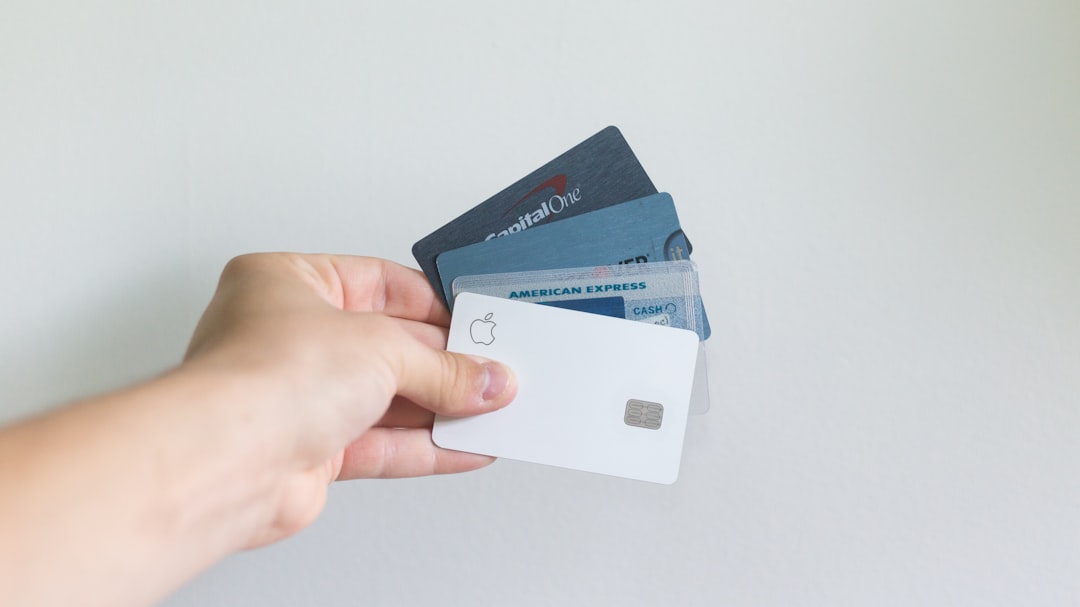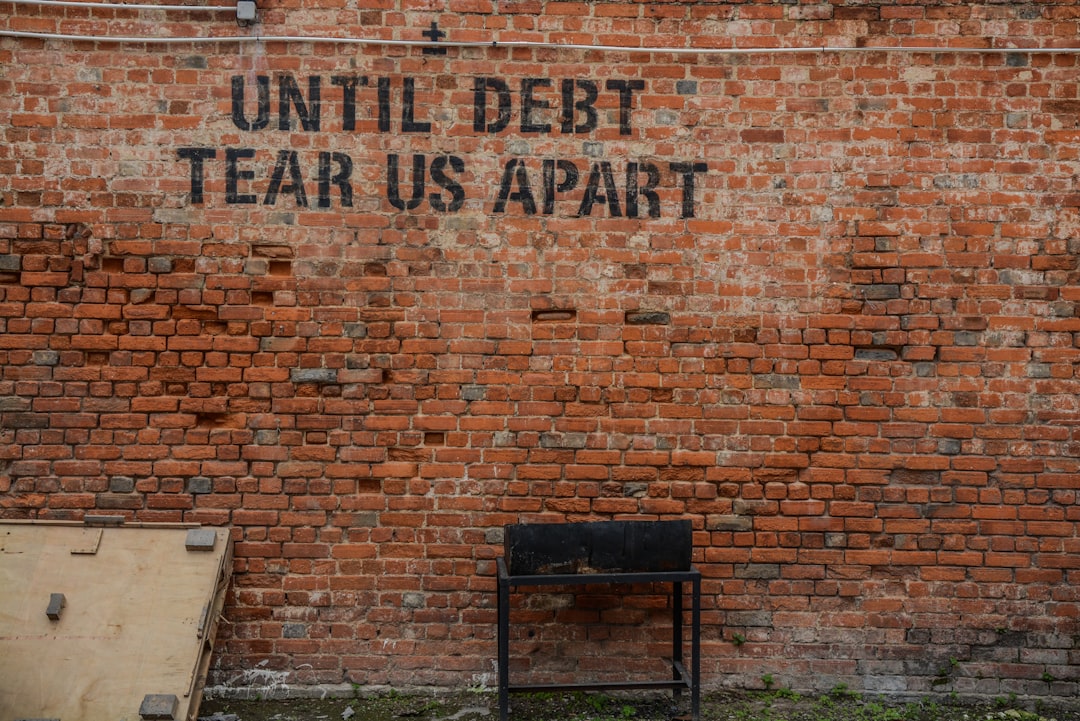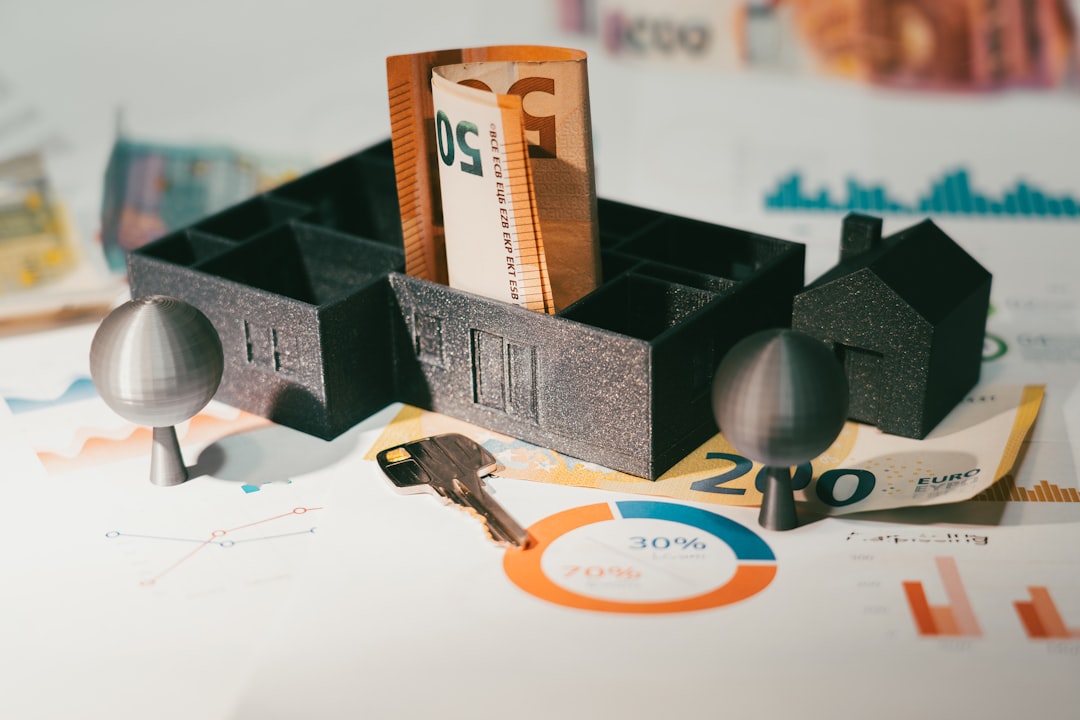Bad Credit Debt Consolidation Loans offer homeowners a way to simplify high-interest debt by securing it against their home, with potential tax benefits and improved credit scores over time. However, these loans carry higher interest rates than traditional options, risk foreclosure if payments are missed, and can charge penalties, making them a risky but potentially effective quick debt reduction solution.
Considering a homeowner consolidation loan to manage your bad credit debt? This comprehensive guide breaks down the pros and cons of securing your home. First, we’ll explore what bad credit debt consolidation loans entail, focusing on how they can help alleviate financial strain. Next, we’ll delve into the significant advantages of using your home equity for consolidation. However, it’s crucial also to understand the potential drawbacks and risks associated with homeowner consolidation loans before making a decision.
- Understanding Bad Credit Debt Consolidation Loans
- Benefits of Securing Your Home for Consolidation
- Drawbacks and Risks of Homeowner Consolidation Loans
Understanding Bad Credit Debt Consolidation Loans

Many homeowners consider bad credit debt consolidation loans as a way to improve their financial situation, especially if they have multiple high-interest debts. These loans are designed for individuals with less-than-perfect credit who want to consolidate their debts into one manageable loan secured by their home. The primary advantage is the potential to lower monthly payments and interest rates, providing relief from the stress of multiple bill payments.
However, it’s crucial to understand the risks involved. Securing a loan with your home means you’re putting your property at risk if you fail to make payments. Bad credit debt consolidation loans often come with higher interest rates compared to traditional loans, and the process of repairing one’s credit after defaulting on such a loan can be lengthy and challenging.
Benefits of Securing Your Home for Consolidation

Securing your home for debt consolidation can be a powerful strategy for those burdened by multiple high-interest loans or credit card debts. One of the primary benefits is access to significant funds at a lower, fixed interest rate. This allows borrowers with bad credit to consolidate their debts into one manageable payment, simplifying their financial lives and saving them money on interest charges.
Additionally, home equity loans or lines of credit offer tax advantages, as interest payments may be tax-deductible. This is especially appealing for those looking to reduce their overall debt burden quickly. By leveraging the equity in their homes, borrowers can gain financial flexibility, improve their credit scores over time, and potentially free up home equity for future investments or significant purchases.
Drawbacks and Risks of Homeowner Consolidation Loans

While homeowner consolidation loans can offer relief and a more manageable repayment plan for homeowners burdened with multiple loans, there are significant drawbacks and risks to consider. One of the primary concerns is that these loans often come with higher interest rates compared to traditional personal loans or debt consolidation options not secured by your home. This means that even if you’re able to reduce your monthly payments, you’ll end up paying more in interest over the life of the loan.
Additionally, securing a homeowner consolidation loan against your property creates a risk of foreclosure if you fail to make payments as agreed. Bad credit debt consolidation loans can be particularly perilous, as lenders may charge higher rates and penalties, further straining your financial situation. It’s crucial for homeowners to weigh these risks carefully before deciding whether a homeowner consolidation loan is the right choice for them.
When considering a homeowner consolidation loan, it’s crucial to weigh both the benefits, such as lower monthly payments and potential tax advantages, against the drawbacks, including increased home equity risk and potential financial strain if you default. While bad credit debt consolidation loans can provide relief from overwhelming debt, they’re not a fit for everyone. Thoroughly evaluate your financial situation and seek professional advice before making a decision that could impact your home’s value.
